Online
Introducing Artist-in-Residence Elio Villafranca
– ,
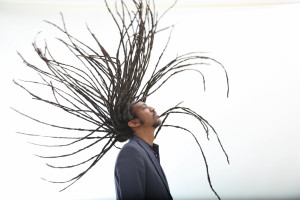

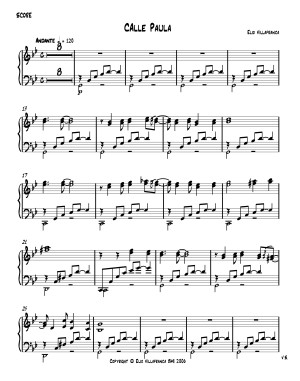

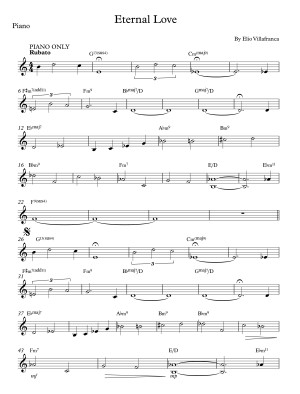
Meet IN·FLO·RES·CENCE Artist-in-Residence: Cuban New York-based Pianist, Composer, and Band Leader Elio Villafranca
The 10 international composers participating in IN·FLO·RES·CENCE were all commissioned by Reece Ewing to create pieces for solo piano around 1 minute in length responding to the changes in daily life during the global coronavirus outbreak. The individual compositions will all be interpreted and performed by Elio Villafranca throughout the duration of the project - check out our Events page for updates.
It has been a very interesting process learning music composed by 10 different living artists of colour, many of whom I have never met. ‘Every piece has very distinct characteristics, oscillating between classical, jazz, avant-garde music styles, and others from the Afro and classical Indian music diaspora. I’m learning a lot through the process of interpreting the pieces composed for this project… Such a wide range in the music approached by these artists expands my own musical horizons’. – Elio Villafranca
For IN·FLO·RES·CENCE Artist-in-Residence Elio Villafranca performs an exceptional programme of four songs, with a Prelude of Troubled Waters, 2018:
Troubled Waters is from Elio Villafranca’s double album CINQUE: a five-movement suite inspired by the story of Joseph Cinque, who in 1839 led a successful revolt aboard the slave ship La Amistad, days after being illegally sold and transported to a sugar plantation in Cuba. Upon escaping to America, he finally had the opportunity to go on trial, regain his freedom, and return back to Africa. This project showcases the cultural diversity of the five Caribbean islands of Cuba, Puerto Rico, Haiti, The Dominican Republic, and Jamaica; while simultaneously high- lighting the Congolese musical heritage woven into the fabric of each of these diverse nations, and yet unified via the forced migration of Africans to the Americas.
Elio continues his special opening programme for IN·FLO·RES·CENCE with three more pieces: Calle Paula (2006), Gitanos (2014), and Eternal Love (2018).
Calle Paula (2006) was for a documentary called Mirror Dance that Elio was commissioned to create upon coming to America from Cuba. It’s about two ballerinas who were separated during the revolution – one remaining in Cuba, the other going to America. These dancers only just reunited 10 years ago, and the song embodies unification through a classical tone in the style of Cuban dance in which two simple forms collide – one major, one minor.
Gitanos (2014) is from Elio’s ‘Old Waters New River’ album and is dedicated to the nomadic gypsy community in Ireland. Its dynamic energy and kinetic structure embodies the idea of movement and migration.
Eternal Love (2018) was Inspired by the student-led protest against gun violence March For Our Lives in2018 in Washington DC following the devasting Stoneman Douglas High School shooting in Florida. It is in honour of young people’s capacity to self-organise and be heard in enduringly powerful and beautiful ways. It is an ode to the freedom of speech.
My music aspires to expand the language of composition and improvisation in jazz by fusing it with classical music and the syncopated nature of Afro-Caribbean music, rhythms and dance that derived specially from the Congolese tradition of Tambor Yuka to my hometown of San Luis, in the region of Pinar del Rio Cuba. I believe that culture should be experienced in a wholistic way. This premise inspired me to found Elio Villafranca & The Jass Syncopators in 2012, as a multi-media ensemble that strives to create a cross-cultural experience, as well as a multi-layered musical dialogue where intellectual understanding of the music is secondary to the full experience of culture. In my music, the fusion of visual aspects, stories, sounds, chanting, dancing, and drumming with jazz, helps me to illustrate jazz as a universal language. – Elio Villafranca
All scores © Elio Villafranca
In the below intimate conversation with Kevin Le Gendre (Broadcaster and Writer of Don’t Stop the Carnival: Black British Music, 2019), Elio discusses his interpretation of an inflorescence; musical studies and cultural heritage; practice of jazz by fusing classical and of Afro-Caribbean music; experiences performing the 10 composer compositions; and his time in lockdown.
The below discussion includes an introduction to IN·FLO·RES·CENCE and the project’s first group of special participants: Jazz Musicians Jason Moran & Elio Villafranca in-conversation with Co-Curators Elvira Dyangani Ose, Reece Ewing, and Katherine Finerty about call and response and the cross-modality of music and art. It’s followed by an hour-long conversation focussing on the cross-pollination of sound and object. It unfolds as a call and response: Elio responding to the 10 international composers, Jason responding to Elio’s performances, and the curators responding to both of these musicians’ own arts practices and experimental approaches to rhizomatic forms of storytelling.
Tambor Yuka - San Luis, Pinar del Rio, 1991
This footages was filmed by pianist and composer Elio Villafranca in 1991 during his research trip to his home town in San Luis, Pinar del Rio where he interviewed the leaders of this Congolese community.
Tambor Yuka is one of the oldest drums in Cuba and believed to be the first drum ever play in the island by enslaved Africans. The tuning of these drums is a unique tradition:
Music, as well as visual arts shares the concepts of shape, colours, tone, balance, rhythm, and melody, which makes the idea of presenting music in an interdisciplinary art space very special and unique. I have a deep appreciation for visual arts and artists since painting was my earliest form of artistic expression. I’m very honoured to be part of IN.FLO.RES.CENCE and with the opportunity of performing new works at The Showroom. – Elio Villafranca
Related
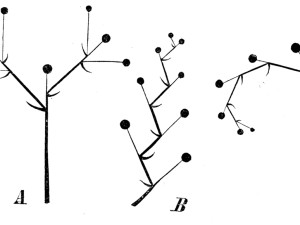
Online
Fortnightly Highlight 9: IN·FLO·RES·CENCE
–
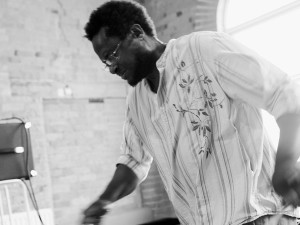
Event
Introducing Composer Corey Mwamba
–
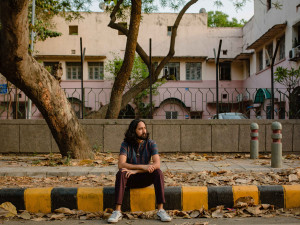
Online
Introducing Composer Sarathy Korwar
–
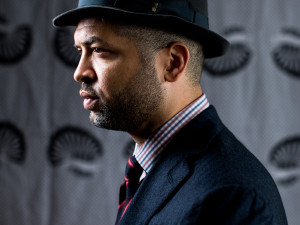
Online
In conversation: Jason Moran, Elio Villafranca & Project Co-Curators
– ,
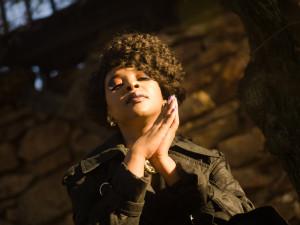
Online
Introducing Composer Siya Makuzeni
–
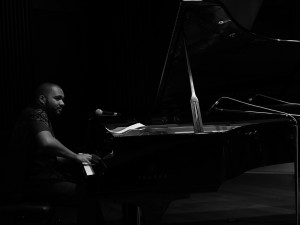
Online
Introducing Composer Bokani Dyer
–
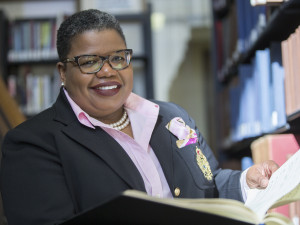
Online event
In conversation: Dr. Tammy Kernodle with Elaine Mitchener, Siya Makuzeni & Thandi Ntuli
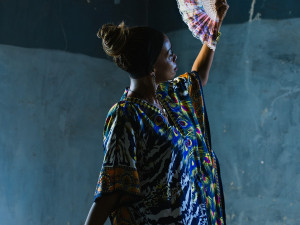
Online event
Introducing Composer Leyanis Valdés Reyes
–
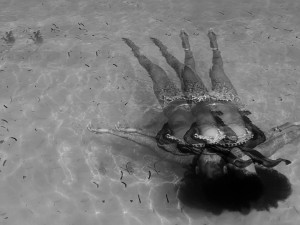
Online event
In conversation: Phoebe Boswell, Laura Lima, Nduduzo Makhathini & Elvira Dyangani Ose
–
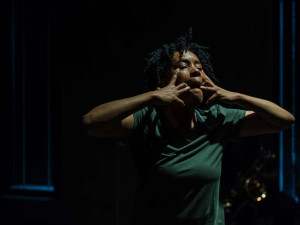
Online event
In conversation: Elaine Mitchener, Kodwo Eshun, Temi Odumosu & Elvira Dyangani Ose
–
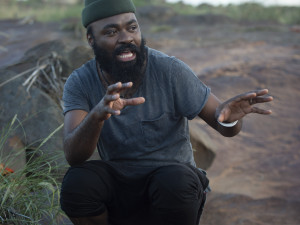
Online event
Introducing Nduduzo Makhathini
–
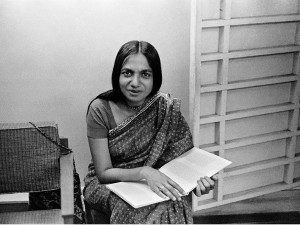
Online event
In conversation: Vijay Iyer, Andrea Giunta, Brinda Kumar & Kevin LeGendre
–
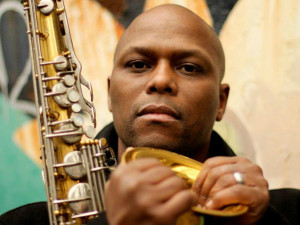
Online event
Introducing J.D. Allen
– ,
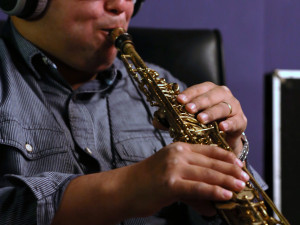
Online
Introducing Luis Carlos Pérez
–
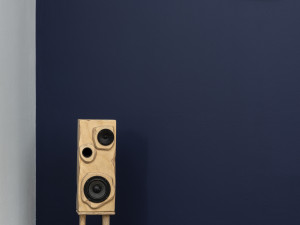
Online
In conversation: Andrew Pierre Hart, Charmaine Watkiss, Nduduzo Makhathini & Katherine Finerty
–
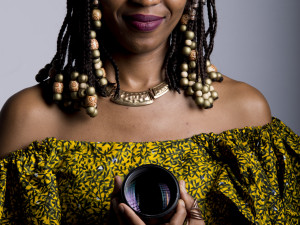
Online
Introducing Composer Thandi Ntuli
–
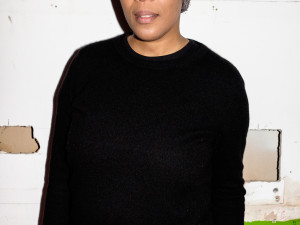
Online
Introducing Composer Elaine Mitchener
–
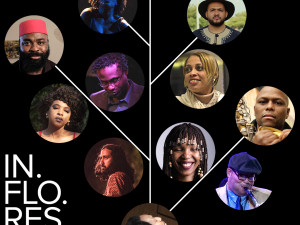
Exhibition
IN·FLO·RES·CENCE
–